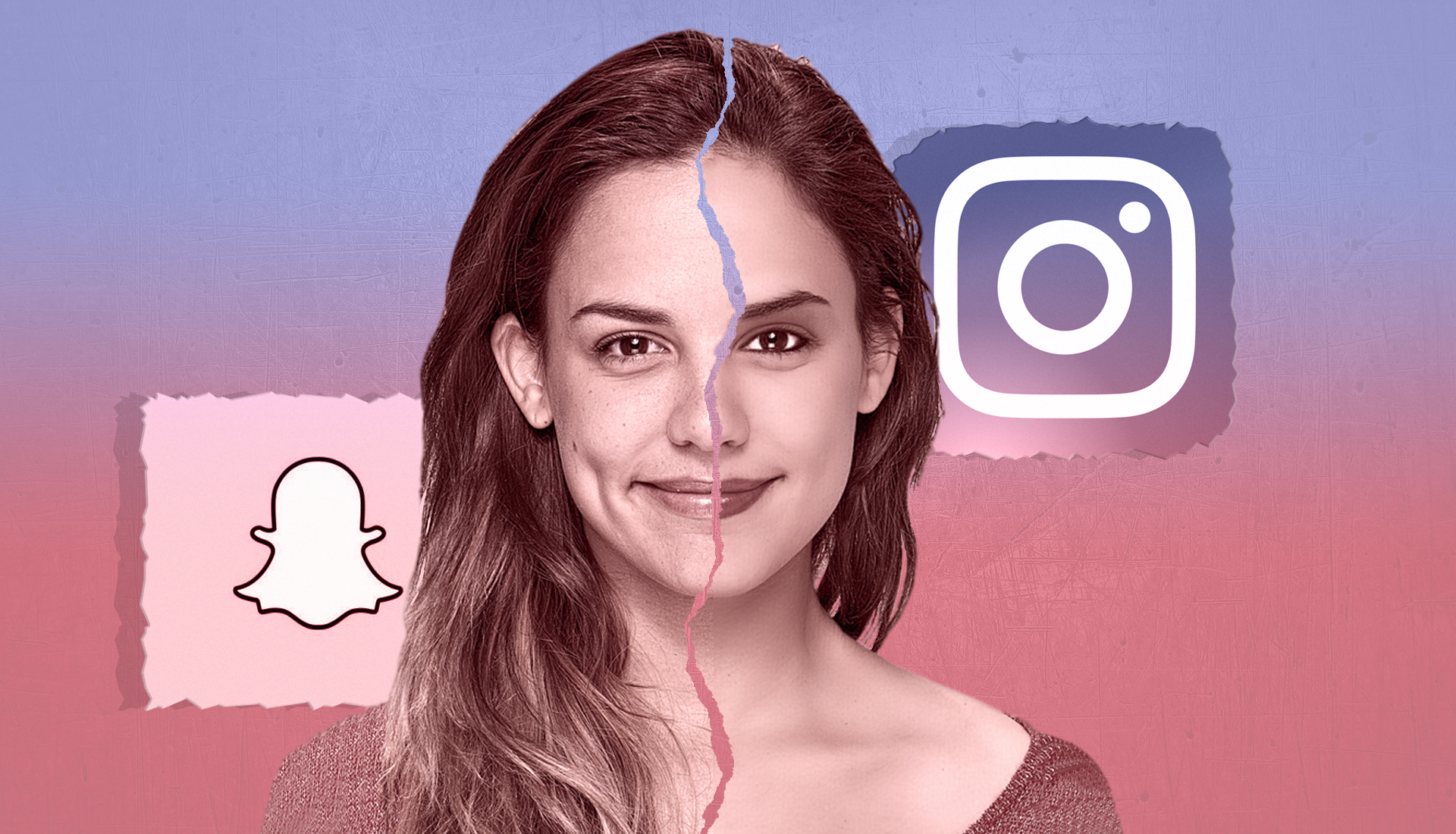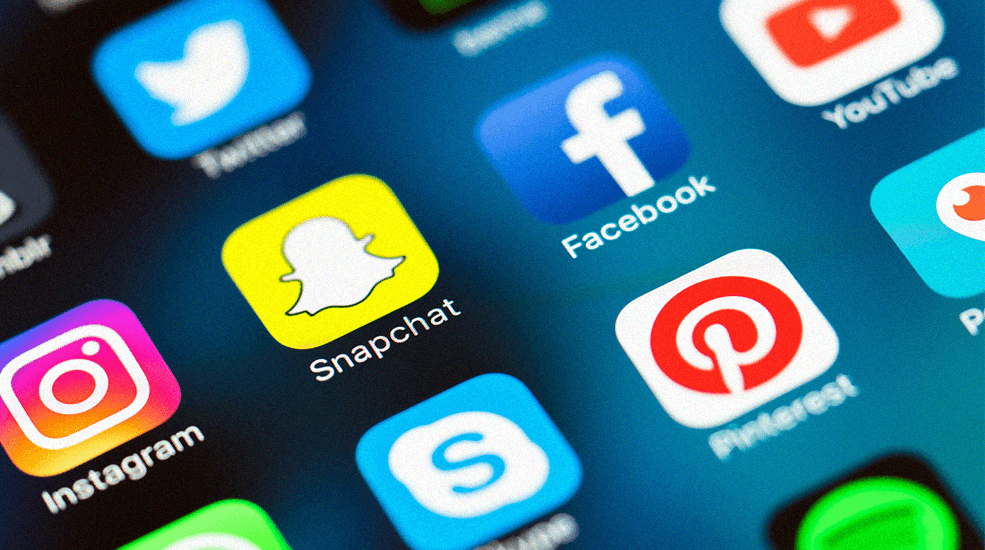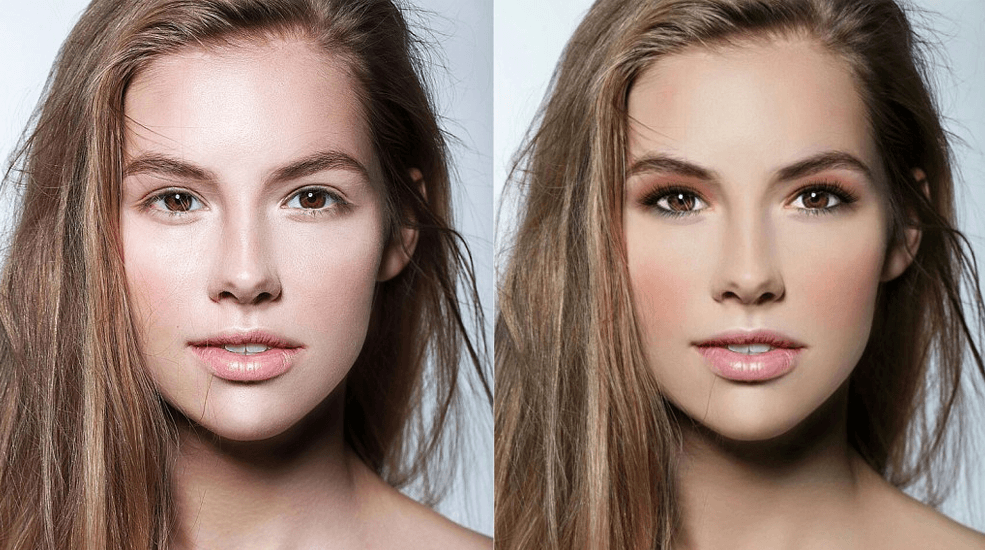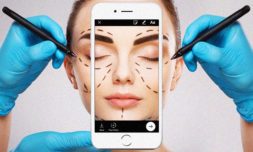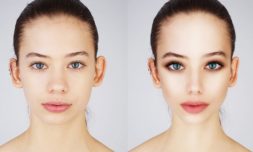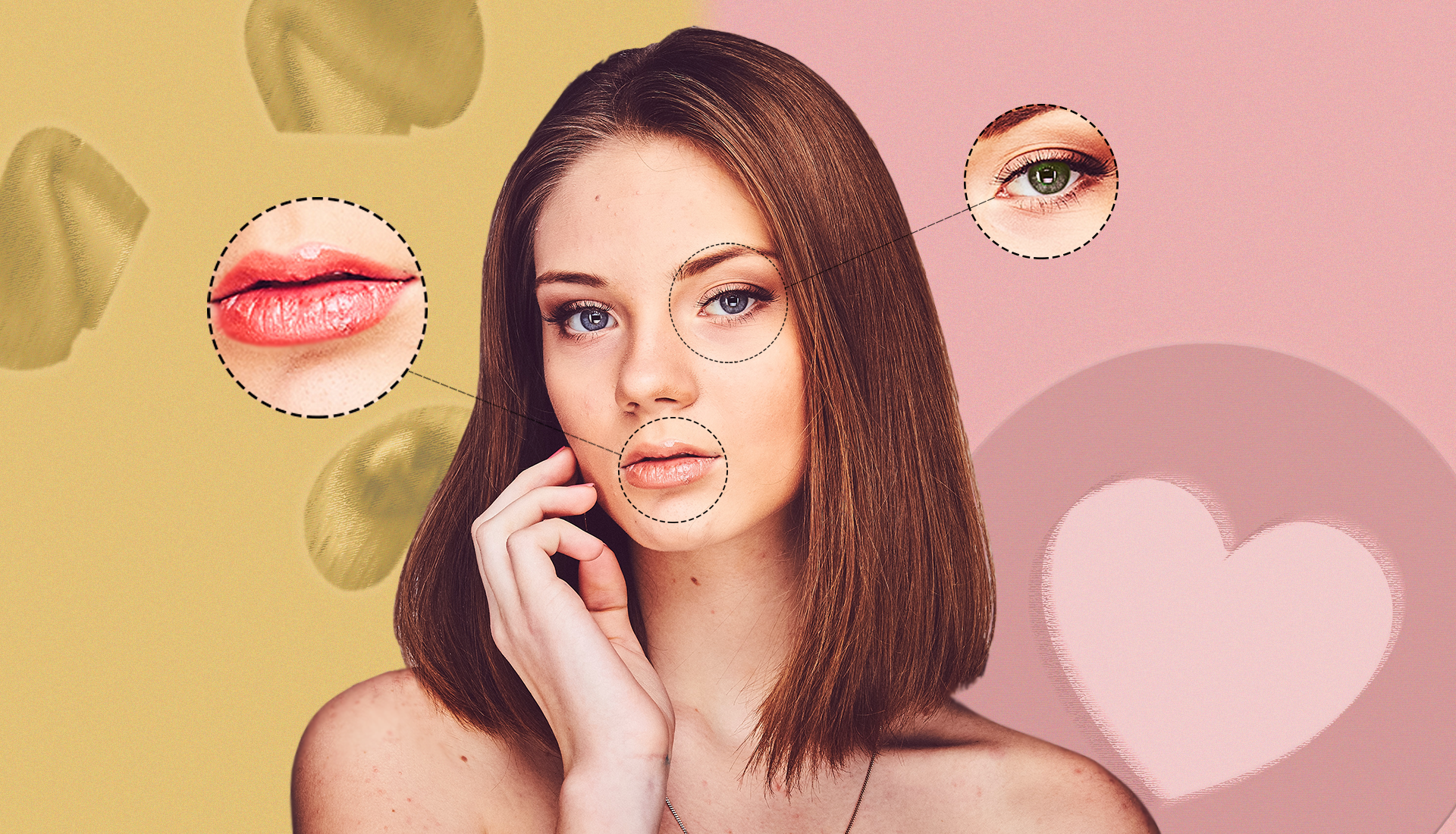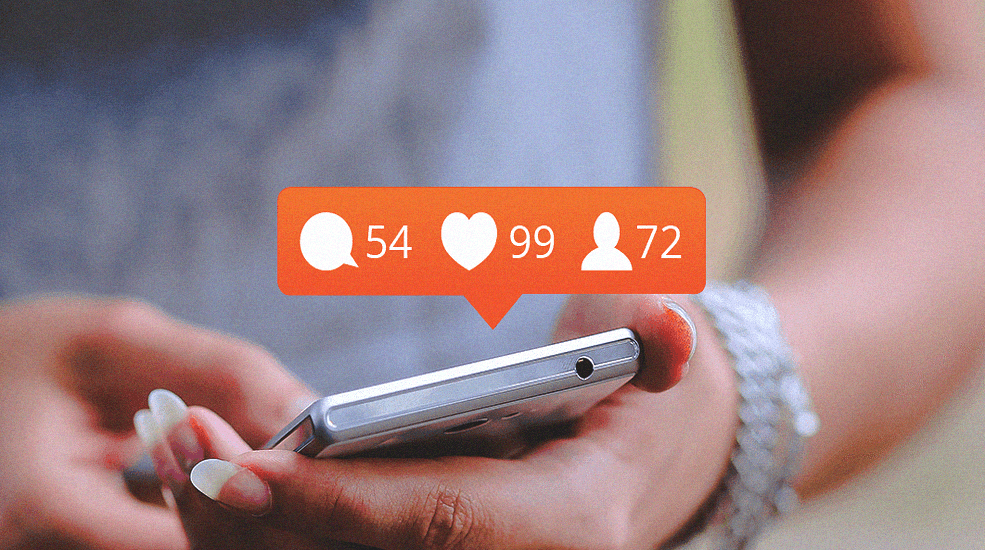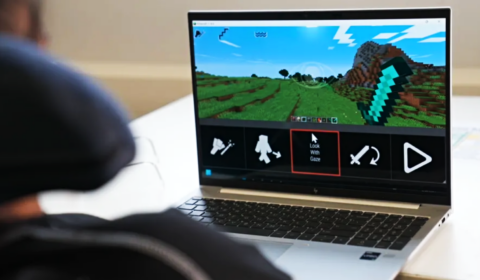A worrying new trend is sprouting from our social media obsessed generation, with a large number of young people habitually using ‘selfie editing apps’ to conform to problematic online standards.
If you weren’t already aware (you definitely were), we’re living in a selfie obsessed world. In 2016 alone, Google Photo users uploaded upward of 24 billion selfies across all social media platforms, and not surprisingly a large percentage of this data came from those that pioneered the selfie, Gen Z.
Gen Z is undoubtedly the most device driven age-group ever, with US teens currently spending an average of seven hours a day interacting with some form of social media. Incidentally, more adolescents and young adults are now suffering from mental health disorders than in any previous generation. Numerous psychologists are partly attributing this escalation to the way teens see themselves in relation to the world around them, of which social media plays a large part.
For decades magazines have presented us with a filtered sub-reality whereby models are airbrushed and reshaped to levels of unattainable perfection, and the industry has been met with constant scrutiny as a result. Many have asserted that their methods inadvertently normalise unrealistic physical standards.
However, the gap between these magazines and your average social media profile is narrowing significantly these days, with teens increasingly tinkering with their own pictures on ‘selfie editing apps’ in order to meet similar expectations. And, for me, the normalisation of these programs is sparking cause for concern.
Photo editing softwares like Airbrush and Photolift are among the most downloaded apps on the Apple and Google Play Stores and commonly appear in sponsored Facebook and Instagram ads. With these apps, professional editing methods are scaled down into easily graspable, largely free toolkits that include everything from feature scaling and body morphing options, to blemish removing, tanning, and teeth whitening.
The most troubling thing is that these apps are marketed as being essential tools for personal accounts, not just something to play around with. Photolift claim their app is an ‘excellent tool for editing photos for your Instagram, Facebook profile or posts for many other social media platforms’.









